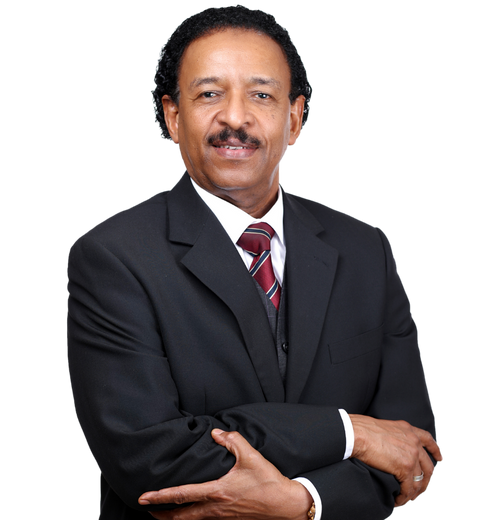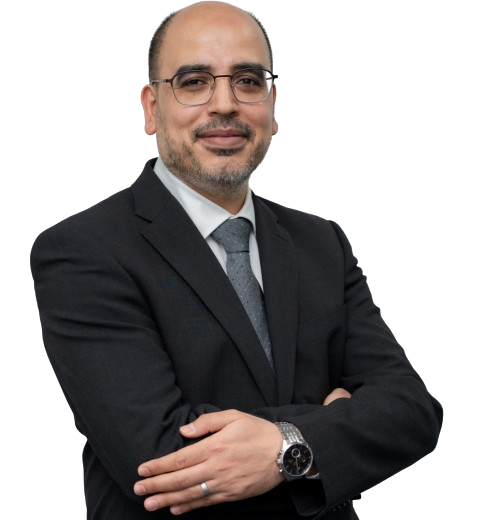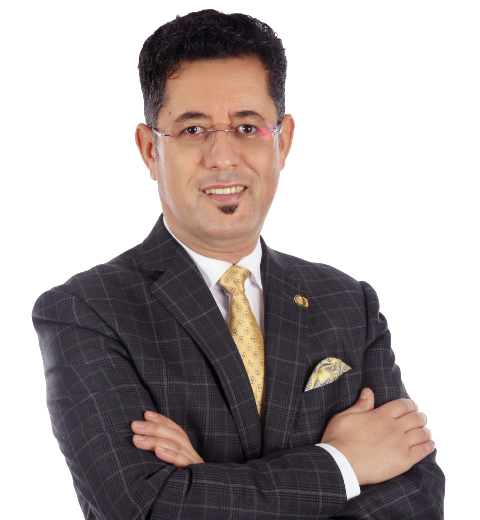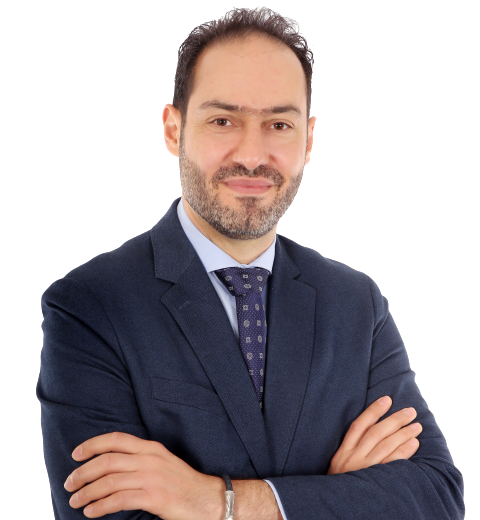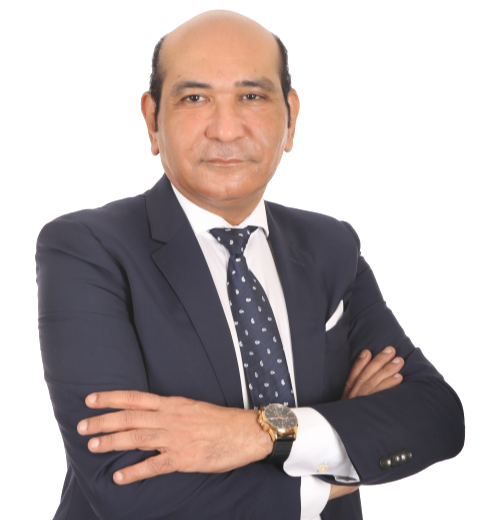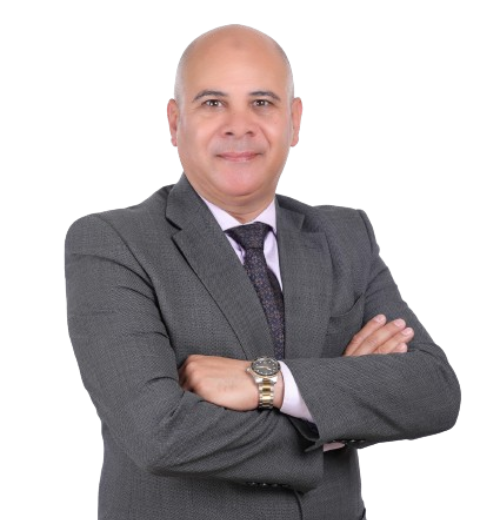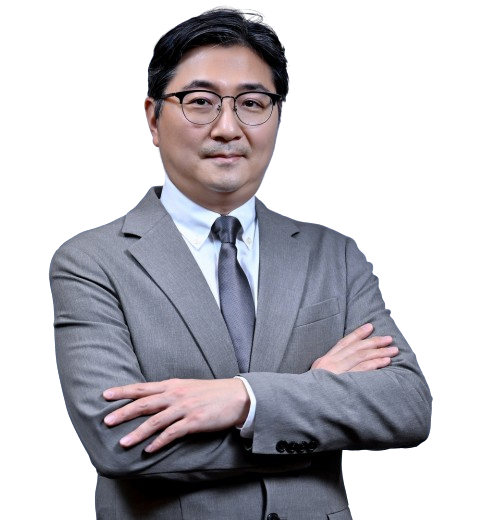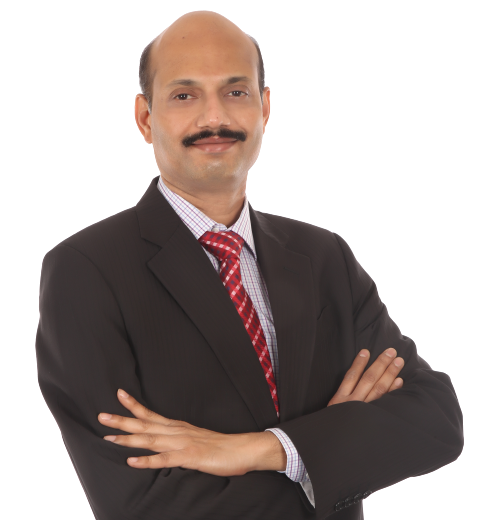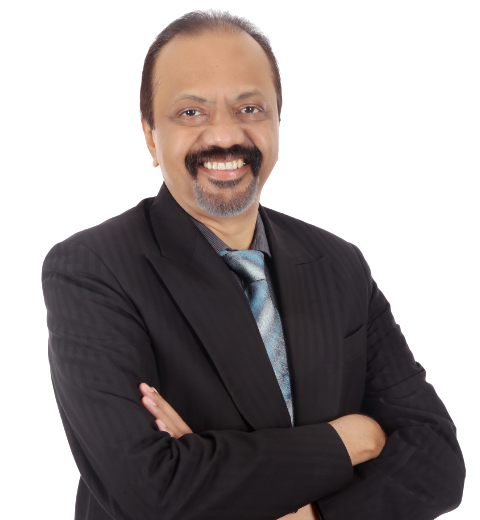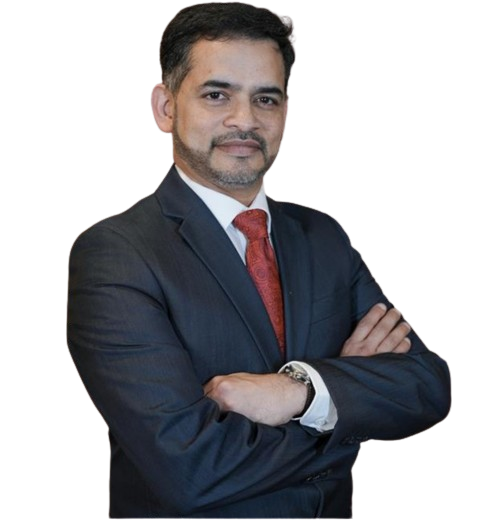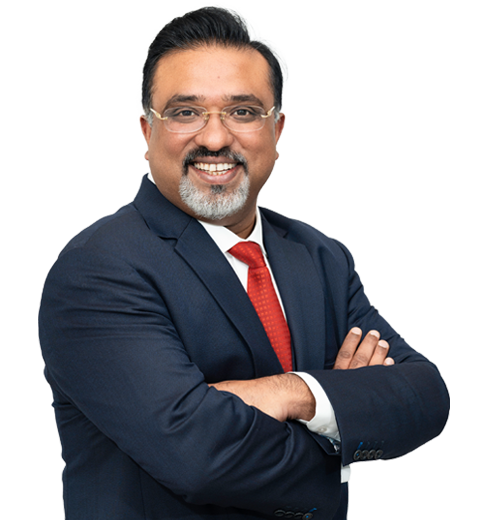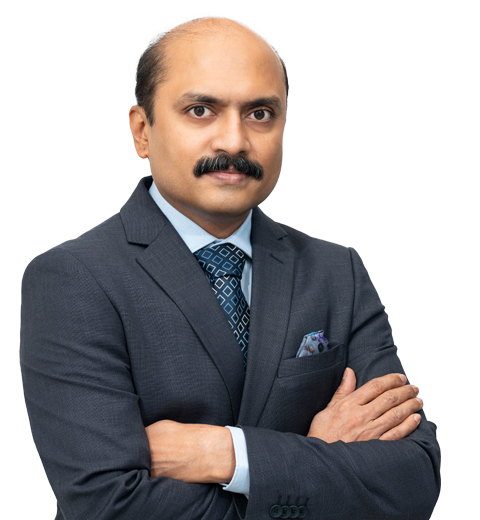Considering surgery? Millions of people undergo surgical procedures each year. However, before committing to surgery, have you thought about getting a second opinion? Whether dealing with musculoskeletal pain or other chronic conditions, it’s crucial to ensure that the proposed surgery is the best possible solution to restore your lifestyle.
Why a Second Opinion Makes Sense
- Peace of Mind: Knowing you’ve explored all your options can significantly reduce anxiety and increase confidence in your treatment plan.
- More Information: A second doctor may provide a different perspective or highlight aspects not emphasized during your initial consultation.
- Treatment Options: Discover alternative procedures or approaches that you might not have been initially presented with.
- Better Doctor-Patient Fit: A second consultation helps assess the surgeon’s communication style and bedside manner, ensuring you feel comfortable with your surgical decision.
When is a Second Opinion Particularly Important?
- Complex or Risky Procedures: If the proposed surgery is complex or carries significant risks, a second opinion is crucial.
- Uncertainty About Diagnosis: If you have doubts about your diagnosis or lingering questions, seeking another expert’s perspective is essential.
- Doctor Doesn’t Address Concerns: If your concerns are not being adequately addressed, a second opinion can provide the clarity and reassurance you need.
Finding a Second Opinion Provider
- Ask Your Primary Doctor: They can often refer you to other qualified surgeons within your network.
- Research Online: Look for board-certified surgeons with experience in treating your specific condition. Patient reviews can also provide valuable insights.
- Talk to Friends and Family: Personal recommendations are a reliable source for finding a reputable doctor.
Preparing for Your Second Opinion
- Gather Medical Records: Ensure you have all relevant medical documents like X-rays and MRIs to share with the second doctor.
- Write Down Questions: Prepare a list of detailed questions regarding diagnosis, treatment options, risks, and recovery.
- Be Open and Honest: Fully disclose your medical history, current symptoms, and expectations to get the most out of the consultation.
Common Myths and Facts About Second Opinions
- Myth #1: “My doctor will be offended if I get a second opinion.”
- Fact: Most reputable doctors encourage second opinions and understand it as a normal part of the decision-making process.
- Myth #2: “A second opinion means I don’t trust my first doctor.”
- Fact: It’s about gathering more information and exploring all options, not a reflection of your trust in their expertise.
- Myth #3: “Second opinions are too expensive.”
- Fact: Many insurance plans cover second opinions. Always check with your provider for specifics about your coverage.
- Myth #4: “Second opinions take too much time.”
- Fact: While it might add some time to your decision-making process, it’s a worthwhile investment in your health.
- Myth #5: “Second opinions always lead to different diagnoses.”
- Fact: Often, they confirm the initial diagnosis but may also provide additional insights or alternative treatment options.
Conclusion
Getting a second opinion is not a sign of mistrust but an empowerment to make well-informed decisions about your health. By seeking additional insights, you can approach your surgery with greater confidence and a clearer path to recovery. If you’re considering surgery in Abu Dhabi, remember that Burjeel Hospital is here to support you every step of the way with expert advice and care options.

